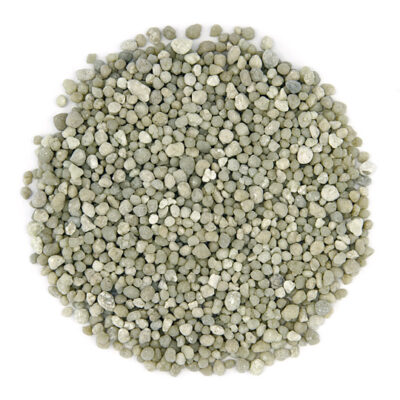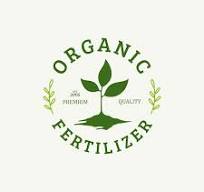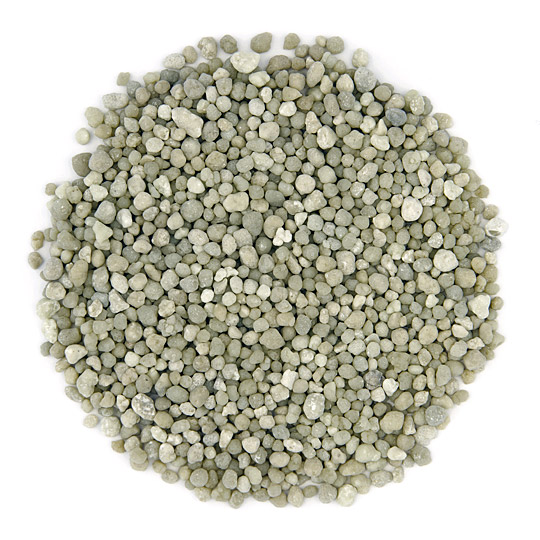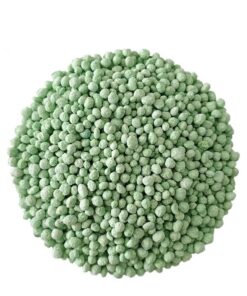DAP (Diammonium Phosphate): A Vital Fertilizer for Plant Growth and Agriculture
Diammonium Phosphate (DAP) is one of the most widely used and effective fertilizers in agriculture today. It provides two essential nutrients—nitrogen (N) and phosphorus (P)—that are crucial for the healthy development of crops. These nutrients play a significant role in promoting root development, supporting flowering, and enhancing the overall vigor of plants. In this article, we will explore the characteristics, applications, and benefits of DAP, as well as its key component, Ammonium Dihydrogen Phosphate (the active ingredient in DAP).
What is DAP (Diammonium Phosphate)?
Diammonium Phosphate (DAP) is a granular fertilizer made by combining ammonia (NH₃) with phosphoric acid (H₃PO₄). The result is a fertilizer that contains approximately 18% nitrogen and 46% phosphorus in the form of ammonium dihydrogen phosphate (NH₄H₂PO₄). DAP is a highly effective fertilizer because both nitrogen and phosphorus are essential macronutrients that plants require in large quantities for healthy growth.
Key Features of DAP Fertilizer:
- Granular Form: DAP is available in granular form, which ensures that the fertilizer is evenly distributed throughout the soil.
- High Solubility: The high solubility of DAP allows for rapid nutrient uptake by plants, ensuring a fast response to fertilization.
- Ideal for Pre-Planting: DAP is commonly used before planting to establish a strong foundation for plant growth. Its nutrients are readily available to crops, particularly during the early growth stages.
- Balanced Nutrient Source: With a balanced nitrogen-to-phosphorus ratio, DAP supports both root and shoot development, as well as flowering and fruit production.
The Role of DAP in Agriculture
DAP is used in a variety of agricultural practices, particularly for crops that need a strong start and require high phosphorus content. Here’s a closer look at how DAP benefits plants:
- Root Development: Phosphorus in DAP encourages strong root systems, which helps crops access water and nutrients more efficiently.
- Flowering and Fruit Set: Phosphorus is crucial for flowering, fruit setting, and seed formation, making DAP especially valuable for crops like fruits, vegetables, and legumes.
- Improved Crop Yields: The combination of nitrogen and phosphorus in DAP helps increase overall crop yield by promoting healthy growth from the start.
- Soil pH Regulation: DAP can also help regulate the soil’s pH, making it slightly more alkaline, which can be beneficial for soils that are too acidic for certain crops.
Ammonium Dihydrogen Phosphate (NH₄H₂PO₄): The Active Component in DAP
DAP contains ammonium dihydrogen phosphate (NH₄H₂PO₄) as its active component, which plays an important role in plant nutrition. This compound is a water-soluble inorganic salt that provides a reliable source of nitrogen and phosphorus for crops.
Key Characteristics of Ammonium Dihydrogen Phosphate:
- Water-Soluble: The high solubility ensures that the nutrients are quickly absorbed by plants.
- Acidic Nature: It exhibits slightly acidic behavior in water, making it suitable for application in soils that require pH adjustment.
- Stability: Ammonium dihydrogen phosphate is stable in air and exhibits minimal degradation over time, ensuring that its nutrients remain available to crops for longer periods.
Applications of Ammonium Dihydrogen Phosphate
Ammonium dihydrogen phosphate is not only crucial in the production of DAP but also has various other applications across multiple industries.
- Agricultural Fertilizer: As a complex nitrogen-phosphorus fertilizer, ammonium dihydrogen phosphate is highly effective in promoting crop growth. It’s particularly useful in growing vegetables, fruits, rice, and wheat.
- Acid Soil Regulator: It can be used to adjust the pH of acidic soils, improving plant growth and nutrient availability.
- Insecticides and Pesticides: Ammonium dihydrogen phosphate serves as a key ingredient in various insecticides, helping to control pests that affect crops.
- Pharmaceutical Industry: In pharmaceuticals, it is used as a drug additive in the production of antibiotics such as cephalosporins, penicillins, and tetracycline.
- Biotechnology: In molecular biology, ammonium dihydrogen phosphate is used to prepare buffers for DNA amplification and other experiments.
- Food Industry: It’s used as a flour conditioner in baking, enhancing the texture and elasticity of dough, and improving the final product quality.
- Brewing: In the brewing industry, it helps adjust the pH of beer and wine, contributing to better taste and flavor.
- Electroplating and Welding: Ammonium dihydrogen phosphate is also applied in electroplating and welding to create protective oxide films on metal surfaces and prevent oxidation.
Why Choose DAP Fertilizer?
DAP is a versatile and highly efficient fertilizer that can provide multiple benefits to crops in various agricultural systems. Here’s why it is a top choice for farmers:
- Nutrient-Rich: DAP supplies a significant amount of essential nutrients, ensuring that plants have the building blocks they need to thrive.
- Fast-Acting: The rapid solubility of DAP ensures that nutrients are available for immediate absorption by plant roots.
- Easy to Apply: DAP’s granular form makes it easy to apply to the soil, whether manually or through mechanized spreaders.
- Sustainable Growth: By improving root development, flowering, and fruiting, DAP supports sustainable agricultural practices and better crop yields.
Conclusion
Diammonium Phosphate (DAP) is a powerful, efficient, and widely used fertilizer that provides essential nitrogen and phosphorus to crops. With its high solubility and balanced nutrient composition, DAP ensures strong crop growth, improved yields, and enhanced soil health. Beyond its role in agriculture, ammonium dihydrogen phosphate is also a versatile compound with applications in pharmaceuticals, biotechnology, food processing, and more.
For farmers looking to optimize crop production and soil health, DAP remains a top choice due to its reliability, efficiency, and effectiveness in promoting robust plant growth. Whether used for pre-planting applications or as part of a fertilization plan throughout the growing season, DAP is an indispensable tool for modern farming.




Reviews
There are no reviews yet.